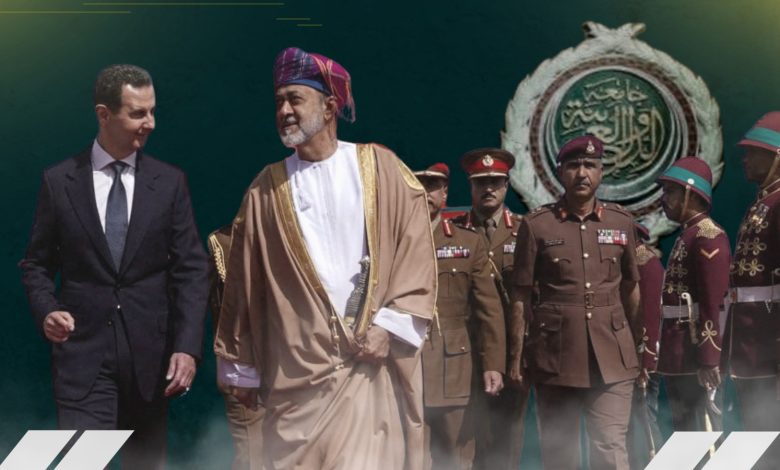On Friday, the time has come. Bashar al-Assad, the ruler of Syria for 23 years, is making his first appearance at a major international meeting since the inception of the Syrian civil war in 2011. Assad landed in Saudi Arabia with several of his diplomats and will attend the Arab League summit in Jeddah on Friday, 19th May 2023. In 2011, Syria’s membership in the Arab League was suspended as a result of the country’s brutal crackdown on civil protests. Since then, Bashar al-Assad has been considered to be internationally isolated. Exceptions were his supporters Russia and Iran. But now, after almost 500,000 deaths, several million refugees and a country torn apart, there is a political U-turn.
The devastating earthquake on February 6th in the Turkish-Syrian border region has turned out to result in a positive outcome for Assad. Several Arab countries contacted Syria after the earthquake and subsequently developed the loose crisis talks into official diplomatic relations. It even got to the point where Saudi Arabia, one of the biggest supporters of the Syrian opposition, normalized relations and lobbied the Arab League for a Syrian return. But before that, Saudi Arabia, under Chinese mediation, embarked ona new rapprochement with Iran. The two countries are fighting for regional supremacy in the Middle East. Both countries are involved in the civil wars in Yemen and Syria. In Syria, Iran is militarily involved alongside Assad. The Saudi rapprochement with Syria is therefore viewed in this context.
The West, on the other hand, and the US in particular, continue to oppose any normalization with the Assad regime. Although the US has often emphasized in the past that it is against any normalization with the Assad regime and also against the rapprochement of the Arab states with Syria, it was unable to stop the ongoing project. In the US, this led to a discussion as to whether the US could no longer exert influence on its Arab partners in the region. This meant Saudi Arabia in particular. In fact, Saudi Arabia has been acting against US interests in the Middle East for a long time. The Saudi rapprochement with Iran under Chinese mediation was viewed with suspicion in the US.
The United Arab Emirates (UAE) even went a step further and dared to make a provocative step towards the West. The UAE, which has been maintaining relations with Syria since 2018, officially invited Assad to the international UN climate conference in Dubai in November. Assad has been internationally sanctioned for various crimes. In Dubai, the Western participants could therefore meet an Assad whom they have sanctioned for war crimes, among other things.
The USA, however, has now switched from soft power to hard power and is now trying to influence Assad’s normalization efforts through legislation. The Foreign Affairs Committee of the US House of Representatives introduced legislation to expand sanctions against Assad. Countries that provide material support to Assad and his partners are to be sanctioned from now on, and it is to be made impossible for the US government to recognize the Assad regime. The law is expected to be approved by the US Congress. The law would thus also affect the Arab countries that are expanding diplomatic relations with the Assad regime.
The Arab League, meanwhile, is undeterred by Washington’s efforts. The Arab League has attached certain conditions to Assad’s return. The biggest hurdles are the refugee issue and their return to Syria and the Captagon problem with the center in Syria. In this regard, initiatives and solutions have already been introduced that will most likely be discussed on Friday.
It remains exciting to see whether the US will be successful in its efforts or whether Assad can continue to work towards a return to the international world. For now, at least, it looks like the Arab world will pursue its own agenda, unperturbed by the US.

